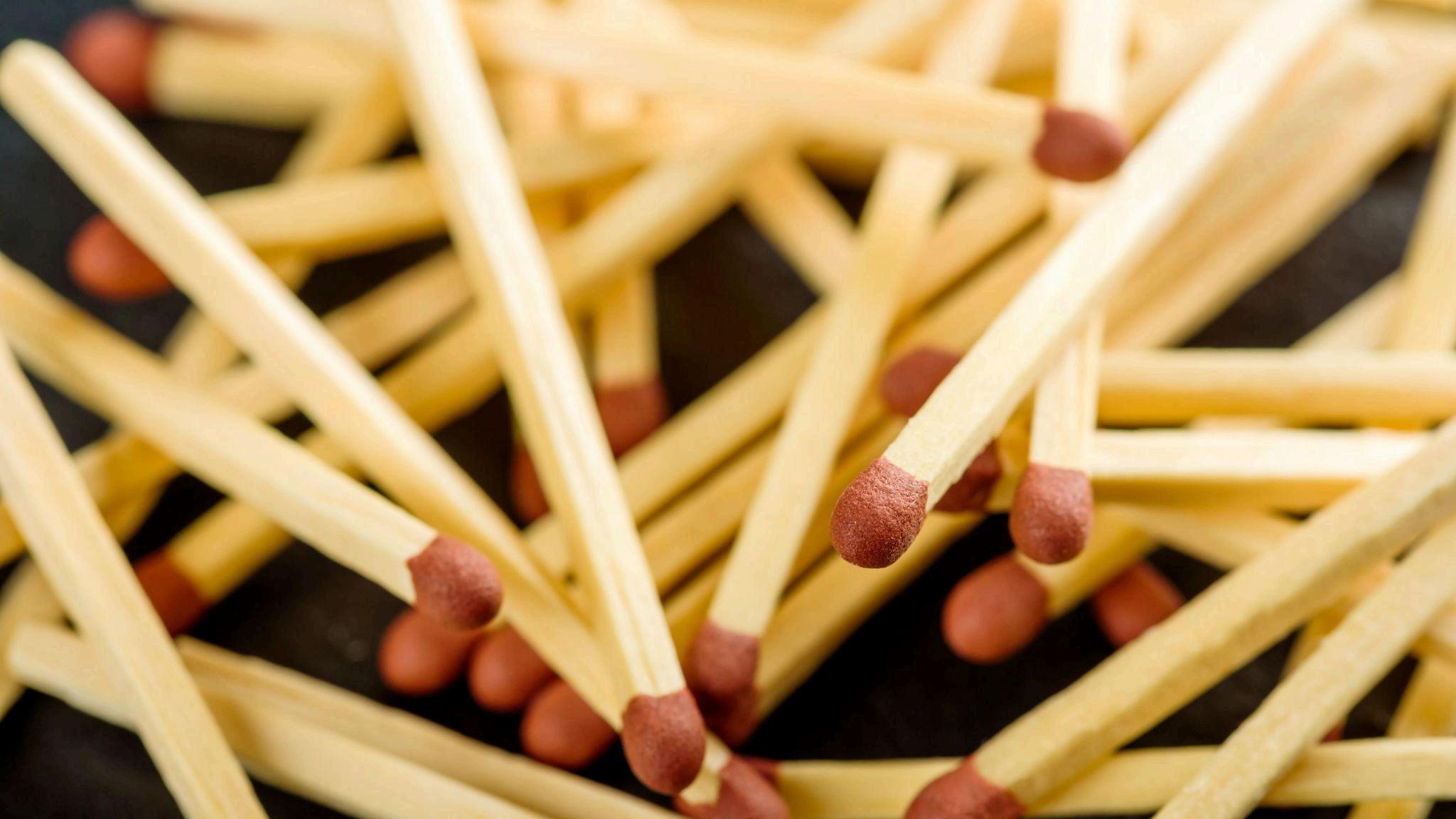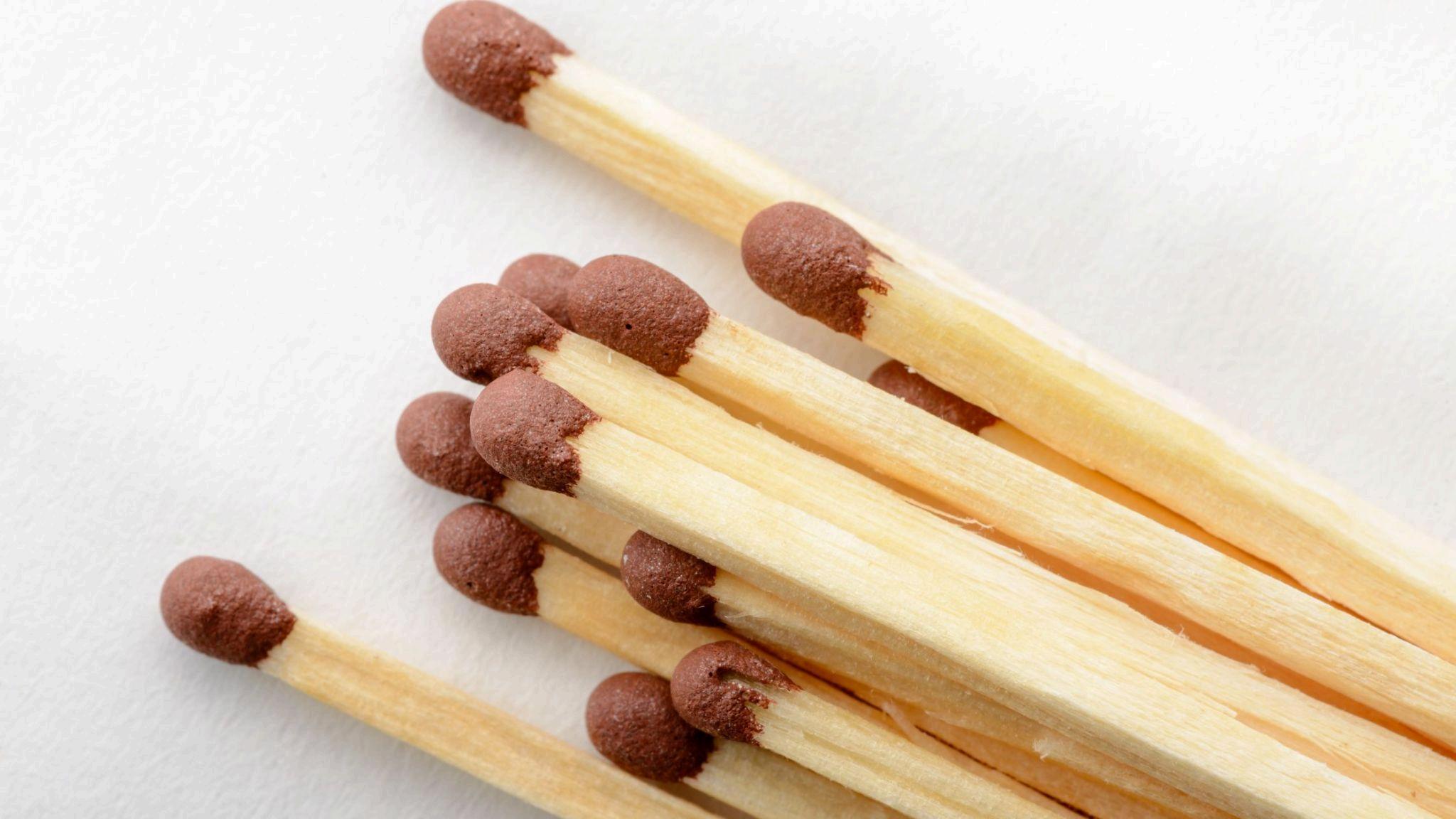Wooden Matches vs. Lighters: Which Is Better?
Introduction
When it comes to lighting a fire, both wooden matches and lighters have long been household staples.
But which is better?
Each has its advantages and disadvantages, depending on the setting and purpose.
In this article, we’ll compare wooden matches and lighters, helping you decide which is best for your needs.

What Are Wooden Matches?
Wooden matches consist of a small wooden stick tipped with a chemical that ignites when struck against a rough surface, known as a striker Wooden safety matches, a popular type, only ignite when struck on a specific surface, reducing accidental ignitions. They’re available in various sizes and are commonly used for lighting candles, fireplaces, and stoves.

Benefits of Wooden Matches
1. Eco-Friendly Material: Made from biodegradable wood, wooden matches decompose over time, making them environmentally friendly Unlike plastic lighters, which can sit in landfills for decades, wooden matches break down naturally.
2. Less Harmful Chemicals: Wooden safety matches contain fewer chemicals than most lighters, reducing environmental impact. They’re typically made from safer materials, including potassium chlorate on the tip, which burns cleanly without harmful residues.
3. Classic Appeal: Wooden matches have a nostalgic charm and can even enhance the experience of lighting a candle or fireplace. They’re also favored in settings like fine dining, where a match can add elegance to lighting a table candle.
4. Controlled Burn: Wooden matches produce a steady flame, which can be easier to manage for lighting certain objects like candles or a gas stove.
Drawbacks of Wooden Matches
1. Single-Use: Each match is single-use and has a limited burn time, which can be inconvenient for longer tasks.
2. Weather Limitations: Wooden matches don’t perform well in windy or damp conditions, making them less ideal for outdoor use.
3. Storage Requirements: Matches must be kept dry, as moisture will ruin them.
The Pros and Cons of Lighters
What Are Lighters? Lighters are reusable devices that produce a small flame by igniting a flammable liquid or gas. They are commonly used for lighting cigarettes, candles, and fires and come in various forms, including disposable, refillable, and electric lighters.
Benefits of Lighters
1. Reusable: Many lighters are refillable, allowing for long-term use. Even disposable lighters can last through numerous uses, making them more convenient for frequent fire-starting needs.
2. Windproof Options: Some lighters, like windproof or torch lighters, are specifically designed to work well in windy conditions, making them ideal for outdoor activities.
3. Compact and Portable: Lighters are small, easy to carry, and can fit into a pocket or bag, making them very portable.
4. Reliable in Wet Conditions: Unlike wooden matches, which are vulnerable to moisture, lighters can be used even if they get slightly wet (with proper drying), making them more reliable in diverse environments.
Drawbacks of Lighters
1. Environmental Impact: Disposable plastic lighters contribute significantly to landfill waste. Refillable lighters are a more sustainable choice, but still contain non-biodegradable materials.
2. Chemical Emissions: Lighters use chemicals like butane, which releases fumes when burned, contributing to air pollution, particularly when used indoors.
3. Risk of Leakage: Over time, lighters can leak, especially if they’re old or not stored correctly, creating a potential fire hazard.
Matches vs. Lighters: Key Comparisons
1. Environmental Impact
○ Wooden Matches: Generally, matches are better for the environment. Being made mostly of wood and cardboard, they break down naturally and don’t add to plastic waste.
○ Lighters: Disposable plastic lighters contribute to pollution and littering, especially if not properly disposed of. However, refillable lighters are a slightly more eco-friendly option, lasting longer and reducing plastic use.
2. Ease of Use
○ Wooden Matches: Simple to use but require a rough surface for ignition, making them a bit tricky outdoors or in windy situations.
○ Lighters: With the simple press of a button, lighters are more convenient and easier to use, especially in windy conditions.
3. Cost-Effectiveness
○ Wooden Matches: Affordable and sold in bulk, wooden matches are cost-effective for occasional use. However, for frequent use, the cost may add up.
○ Lighters: A disposable lighter lasts for hundreds of uses and may ultimately be more cost-effective than buying boxes of matches regularly.
4. Safety
○ Wooden Safety Matches: Designed to reduce accidental ignition, safety matches can only ignite on a specific surface, adding a layer of security.
○ Lighters: While they offer easy ignition, lighters can be dangerous if mishandled, especially by children. Lighter safety caps help, but they’re not foolproof.
When to Choose Wooden Matches
Wooden matches are ideal for:
● Eco-Conscious Consumers: Those who prioritize reducing plastic and chemicals.
● Indoor Use: Lighting candles, stoves, or fireplaces where wind isn’t an issue.
● Aesthetic Appeal: When a more classic, nostalgic experience is desired.
When to Choose Lighters
Lighters are ideal for:
● Outdoor Activities: Camping, hiking, or any situation where windproof capabilities are essential.
● Frequent Use: Regularly lighting cigarettes, candles, or small fires.
● Convenience: When you need a quick, reliable flame.
Conclusion
Ultimately, whether wooden matches or lighters are better depends on your specific needs. Wooden safety matches are a more eco-friendly and nostalgic option, perfect for occasional use, particularly indoors.
Lighters, on the other hand, are incredibly convenient, weather-resistant, and long-lasting, making them the better choice for outdoor activities and frequent use.
In the end, you may find that having both on hand wooden matches for indoor moments and a lighter for outdoor adventures offers the best of both worlds.
